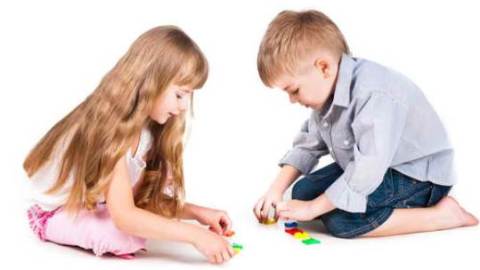Childhood Social Relationships Key to Adult Happiness

Article written by guest writer Rin Mitchell
What’s the Latest Development?
Based on a study conducted by researchers at the Deakin University and the Murdoch Children’s Research Institute in Australia, the presence of social relationships throughout childhood and adolescence can lead to a better adult life. Researchers observed data from the Dunedin Multidisciplinary Health and Development Study (DMHDS) of 804 participants who had been followed for 32 years. “They explored the relative importance of early academic and social pathways to adult well-being.” They measured social relationships and “social connectedness” in all areas such as language, academic achievement, in “childhood, social connectedness in adolescence, academic achievement in adolescence and well-being in adulthood.” Researchers found “a strong pathway from child and adolescent social connectedness to adult well-being,” but “the pathway from early language development, through adolescent academic achievement, to adult well-being was weak.”
What’s the Big Idea?
Upon measuring social development throughout childhood and adolescent stages, researchers have determined that “social and academic pathways are not intimately related to one another, and may be parallel paths.” Researchers also concluded that if academic and social pathways are separate, “then positive social development across childhood and adolescence requires investments beyond development of the academic curriculum.”





